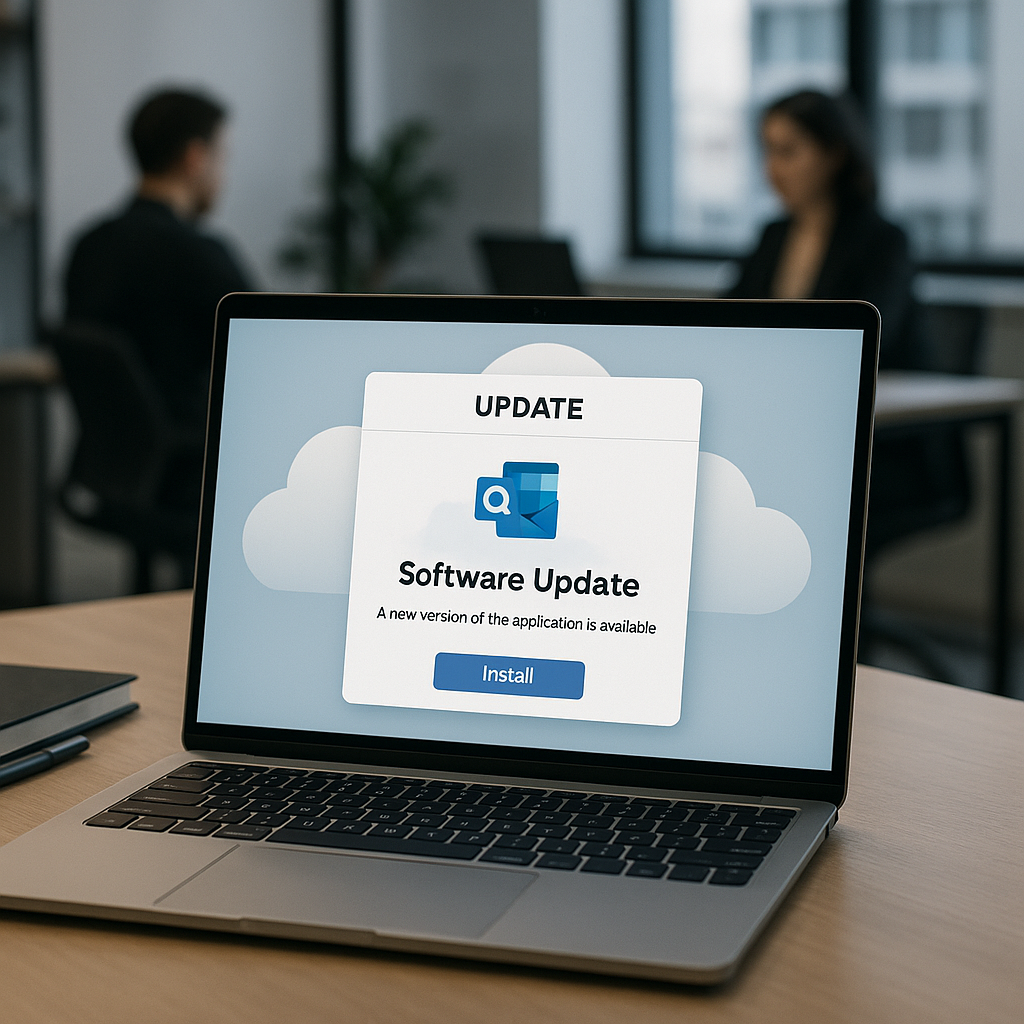# The End of Apple’s €14.3 Billion Irish Tax Break Case: What It Means for Businesses
The recent conclusion of Apple’s significant tax break case in Ireland marks a pivotal moment not just in corporate regulations but also in the landscape of business practices across Europe. The entire €14.25 billion fund that Apple had in an escrow account has now been transferred to Ireland’s Exchequer, officially closing the book on a legal saga that began in 2013. As decision-makers and entrepreneurs in the European business environment, it’s crucial to understand how such high-profile cases can influence fiscal policies and, subsequently, business operations.
In essence, this case was driven by the European Commission’s investigation into whether Apple was receiving unfair tax advantages, a situation that raised questions about the integrity of tax systems within the EU. With the Commission ruling that Apple’s tax breaks were illegal—setting a precedent for how multinationals interact with national tax laws—business leaders must navigate this evolving business landscape more carefully.
## Understanding the Context
### What Led to the Investigation?
In 2013, the European Commission launched an investigation to scrutinize Apple’s tax agreements with Ireland. These agreements allowed Apple to establish Irish subsidiaries that held vast amounts of its intellectual property, enabling the company to enjoy substantially lower tax rates on its European profits—sometimes as low as 0.005%. This strategy led to accusations of receiving illegal state aid and prompted the Commission to intervene.
### The Ruling and Its Implications
The investigation culminated in a ruling in 2016, which ordered Apple to repay €13.1 billion in taxes owed from 2003 to 2014, plus an interest of €1.2 billion. The ruling was upheld by the European Court of Justice in 2024, reinforcing the notion that tax avoidance strategies must comply with European laws. This case serves as a reminder to businesses, especially multinationals operating across borders, that tax strategies must be carefully constructed within the legal framework to avoid costly repercussions.
## The Impact on Businesses
### Changes in Tax Strategies
The conclusion of Apple’s case signals potential shifts in how other companies will structure their tax strategies. As more companies face scrutiny under similar regulations, we at Best Choice recommend evaluating your company’s tax practices and ensuring compliance with local and EU laws. This will not only mitigate risks of potential fines and penalties but also foster a transparent relationship with your stakeholders.
### Increasing Regulatory Scrutiny
As seen with the Apple case, the EU is tightening its grip on tax practices among large corporations. Businesses need to prepare for increasing regulatory scrutiny. This is particularly relevant for Danish and European companies that may engage in international operations. I advise you to conduct regular audits of your financial agreements and consulting with tax professionals to assess your position and compliance.
### Emphasizing Ethical Practices
The increasing visibility of corporate tax practices also emphasizes the importance of ethical business operations. Customers today are more aware and concerned about the integrity of the businesses they support. Companies that align their operations with ethical practices are not just complying with the law; they’re also building trust and loyalty among customers.
## Actionable Insights for Entrepreneurs
1. **Reassess Your Tax Strategy**:
– Consider working with tax consultants to reassess your existing tax strategies.
– Ensure your methods are aligned with legal requirements in Denmark and across the EU.
2. **Embrace Transparency**:
– Consider adopting transparent reporting practices in your tax declarations.
– Communicating openly with your stakeholders can enhance your company’s reputation.
3. **Invest in Compliance Tools**:
– Utilize digital solutions to automate tax compliance processes.
– Consider investing in software that aids in financial reporting, ensuring adherence to tax laws and regulations.
4. **Focus on Sustainable Growth**:
– Adopt business practices that prioritize long-term success rather than short-term gains.
– Engaging in sustainable practices can improve both your brand image and your bottom line.
5. **Keep Informed**:
– Stay updated with local and EU tax regulations.
– Engage with industry forums or organizations to remain in the loop on changes in financial laws.
6. **Seek Professional Guidance**:
– Don’t hesitate to reach out for help. Platforms like ours at Best Choice can assist you with tailored IT solutions that support tax compliance, automate workflows, and enhance operational efficiency.
## Conclusion
The closure of Apple’s €14.3 billion Irish tax break case is a critical event that will shape how companies manage their tax practices in the future. As business decision-makers, it’s vital to stay informed and proactive in reassessing your tax strategies and compliance operations. By embracing ethical practices and utilizing effective digital solutions, businesses not only mitigate risks but also enhance their reputation and foster customer trust.
If you’re looking for comprehensive solutions to improve your business operations and ensure compliance with tax regulations, don’t hesitate to contact us at Best Choice. Together, we can build a roadmap for sustainable success in today’s challenging business environment.





